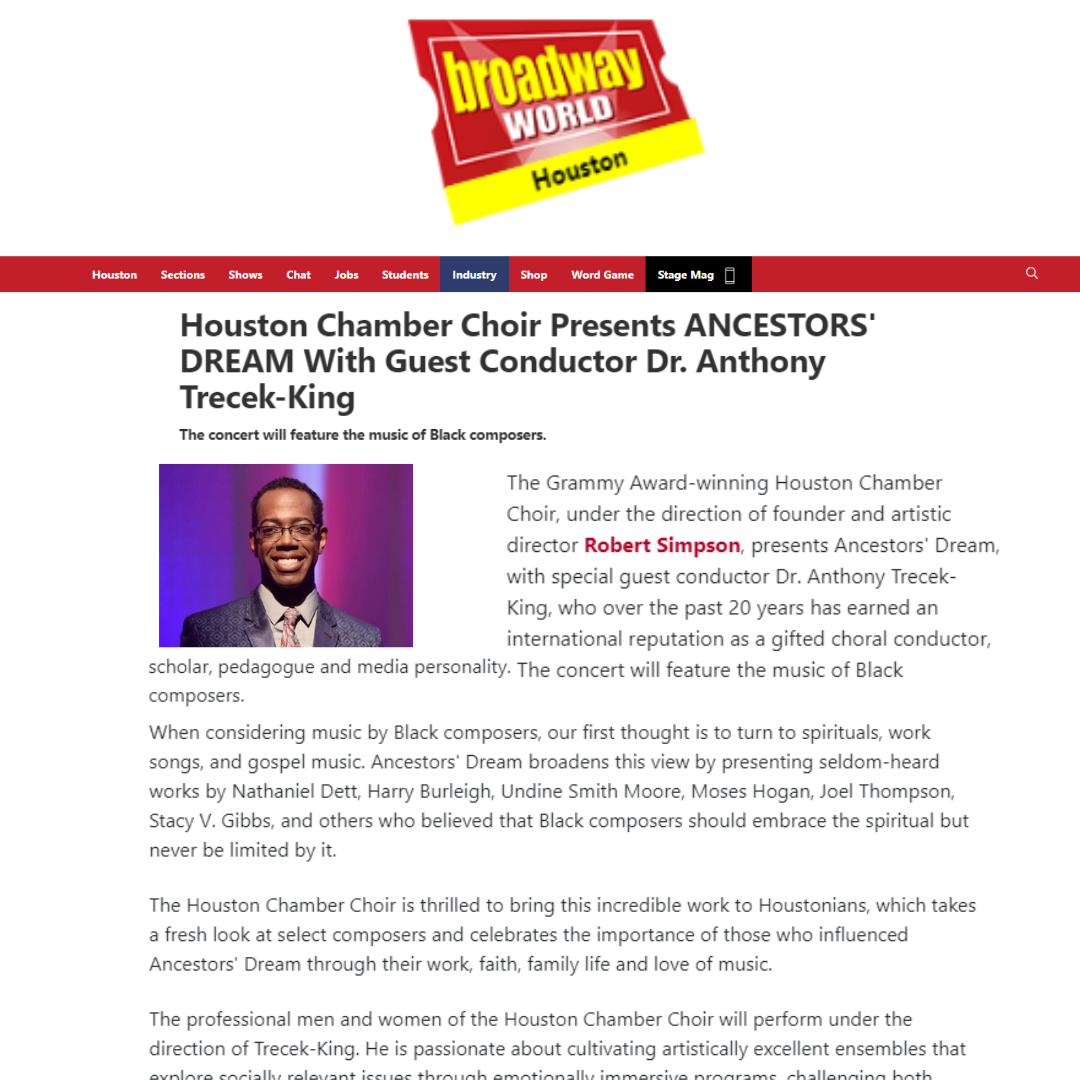Dreams have always been a subject of fascination, captivating the human imagination throughout history. Beyond their enigmatic nature, dreams often carry profound meanings and emotions that shape our waking lives. This article explores the intricate relationship between religion and dreams, shedding light on how different belief systems influence our experiences in the spiritual realm of dreams.
Understanding Dreams and Their Interpretations
Dreams have been interpreted for millennia, and their significance varies across religious and cultural contexts. While some consider dreams as mere random thoughts, others believe they are a gateway to the divine or a means of receiving messages from higher powers. Scientifically, dreaming is associated with rapid eye movement (REM) sleep, during which the brain processes emotions and experiences.
The Ancient Art of Dream Incubation
Dream incubation is an ancient practice that involves seeking divine guidance or answers through dreams. Ancient civilizations, such as the Egyptians and Greeks, practiced dream incubation as a means of consulting their deities for advice, healing, or prophecy. Temples were even dedicated to this practice, emphasizing the spiritual significance of dreams.
Dreams as Divine Messages
Many religious traditions hold that dreams can serve as a conduit for divine communication. In Christianity, the Bible contains numerous accounts of dreams conveying divine messages and guiding significant events. Similarly, in Islam, the Quran highlights the importance of prophetic dreams as a means of receiving divine revelation and guidance.
The Influence of Religious Symbols in Dreams
Religious symbols play a pivotal role in shaping the content and meaning of dreams for believers. These symbols carry specific cultural and spiritual significance and can manifest in various dream experiences. Personal religious beliefs and practices often influence the appearance and interpretation of these symbols in dreams. Additionally, archetypal symbols, like the cross, crescent moon, or lotus, hold universal meanings across different religions.
Lucid Dreaming and Spirituality
Lucid dreaming is a state where the dreamer becomes aware that they are dreaming, allowing them to have some level of control over their dreams. In spiritual practices, lucid dreaming can be a tool for self-discovery and exploring the depths of the subconscious mind. Some practitioners even use lucid dreaming to connect with higher powers, explore the afterlife, or gain spiritual insights.
Near-Death Experiences (NDEs) and Religious Visions in Dreams
Near-death experiences (NDEs) are profound occurrences where individuals report vivid and transformative experiences during life-threatening situations. NDEs often involve encounters with spiritual beings or journeys into otherworldly realms. Similarly, religious visions in dreams can provide a glimpse into the divine, offering comfort and reassurance to believers about the afterlife and the existence of higher planes of consciousness. These experiences significantly impact religious beliefs and practices.
Dreaming Across Different Religions
Each major religion has its unique perspective on dreams and their interpretations. In Christianity, dreams played a crucial role in the lives of biblical figures and saints, guiding their actions and revealing divine plans. In Islam, dreams are considered an essential aspect of spiritual life, and many Muslims believe in the significance of prophetic dreams. In Hinduism, dreams are believed to carry messages from deities or ancestors, and dream analysis is a part of Vedic tradition. In Buddhism, dreams are interpreted as reflections of one’s spiritual progress on the path to enlightenment.
Shamanic Dreaming and Indigenous Spiritual Practices
Indigenous cultures around the world have rich traditions of shamanic dream practices. Shamans often undergo dream journeys to communicate with spirits, seek guidance, and facilitate healing. Dreams hold a special place in these communities, serving as a bridge between the earthly and spirit realms, reinforcing cultural identity, and passing down ancestral wisdom.
The Influence of Modern Religions on Dream Interpretation
In contemporary times, different religious groups and organizations offer various perspectives on dream interpretation. Some religious communities emphasize the role of dreams in fostering personal growth and spiritual development. Modern technology has also influenced religious dreaming experiences, with online dream-sharing platforms and digital resources for dream analysis becoming more prevalent.
The Psychological Perspective: Religion and Dream Analysis
Psychological pioneers like Sigmund Freud and Carl Jung have contributed significantly to the study of dreams and their interpretations. While Freud focused on the hidden desires and unconscious conflicts in dream symbolism, Jung explored the collective unconscious and the archetypal elements found in dreams. Their theories have sparked numerous discussions on how religion intersects with the psyche and dream analysis.
The Role of Meditation and Prayer in Dreaming

Meditation and prayer are spiritual practices that can influence dream experiences. Mindfulness practices can enhance dream recall and make dreams more vivid and meaningful. Engaging in religious rituals or prayer before sleep can create a conducive environment for dream revelations and spiritual encounters during sleep.
Ethical and Moral Considerations in Religious Dream Interpretation
Interpreting religious dreams requires sensitivity and ethical awareness, as these experiences are deeply personal and sacred to the dreamer. Dream counselors and religious leaders must approach dream analysis with respect for the dreamer’s beliefs, ensuring they provide guidance without imposing their interpretations. Balancing objectivity and cultural understanding is essential in this delicate process.
Debunking Myths and Misconceptions about Religious Dreams
The subject of religious dreams has also been clouded by myths and misconceptions. One common myth is that all dreams from religious individuals are divine messages. It’s crucial to differentiate between ordinary dreams and dreams with spiritual significance. Additionally, dreams can be influenced by various factors, such as personal experiences and emotions, rather than being exclusively tied to religious experiences.
Conclusion
The interplay between religion and dreams is a fascinating and complex realm that has intrigued humanity for ages. The influence of religious beliefs on dream experiences and interpretations adds depth to our understanding of the spiritual dimension of dreaming. Exploring dreams in various religious contexts offers valuable insights into the human psyche and the profound connections between the material and spiritual wor find more lds. As we continue to investigate the spiritual significance of dreams, we may discover new ways to connect with our inner selves and the divine.

Greetings and welcome to my corner of the digital realm! I’m Ethan Harrington, a dedicated and passionate professional in the field of therapy psychology. My journey through the intricate landscapes of the human mind, emotions, and dreams has led me to this point, where I’m excited to share my insights, knowledge, and experiences with you. See this

